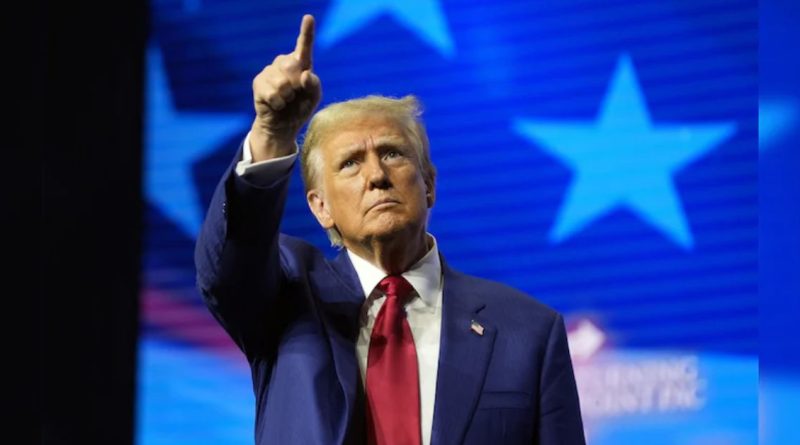Donald Trump Receives No Punishment for Falsifying Business Records: A Look at the Consequence-Free Reality
In a surprising turn of events, Judge Juan Merchan of New York has issued a sentence of “unconditional discharge” for Donald Trump, who was convicted of 34 felonies involving the falsification of business records. The ruling means that Trump, the former president and current presidential candidate, will not face jail time, probation, or fines for his actions related to concealing an affair with adult film actress Stormy Daniels prior to the 2016 election. The absence of punishment raises questions about accountability within the justice system and the implications of political influence.
The Context of the Ruling
Though many anticipated some form of punishment, the outcome aligns with a broader trend. Over the course of various legal proceedings since his conviction, Trump had maintained an air of invulnerability, often positioning himself above legal repercussions due to his status. Judge Merchan articulated that given Trump’s role as a former president, imposing any punishment could fundamentally disrupt the foundations of the office, underscoring the reality that significant consequences are unlikely to befall him.
Despite attempts by Trump to challenge the conviction, including a petition to vacate the ruling on grounds of immunity, the judge denied the request. Meanwhile, the Supreme Court dismissed a last-minute plea to halt the sentencing, coinciding with the revelation of a controversial phone call Trump made to Justice Samuel Alito hours before his petition was filed.
Beyond the Ruling: A Reflection on Accountability
The case adds to a growing narrative of institutional inadequacy in holding Trump accountable for alleged abuses of power. Historically, impeachment procedures and formal investigations have been leveraged to address serious presidential misconduct; however, Trump’s two impeachments did not result in a conviction, signaling deep divisions within the political landscape.
Attorney General Merrick Garland’s appointment of a special counsel to explore Trump’s actions culminated in two sets of charges: one concerning attempts to overturn the 2020 election and the other regarding mishandling classified documents. Unfortunately for accountability advocates, these efforts encountered various roadblocks, including Supreme Court interventions and local political machinations that undermined prosecutions.
The Implications for Democracy
As Trump moves forward without meaningful consequences, the situation raises pressing concerns about the integrity of our legal and political systems. The perceived leniency in Trump’s sentencing reflects wider issues within state mechanisms designed to curtail executive overreach. Many observers argue that the current events signal a shift towards greater polarization in judicial proceedings, particularly as a potential second Trump administration looms on the horizon.
Moving forward, there is significant contemplation about alternative forms of resistance to uphold democratic values in the face of potential authoritarianism. The pursuit of a more equitable and pluralistic society is now seen as a collective responsibility beyond the judiciary, highlighting the need for grassroots movements to foster change.
In conclusion, Trump’s recent sentencing—or lack thereof—serves as a wake-up call regarding the fragility of accountability within our political system. The task now lies in reimagining how to safeguard democratic principles in an era where traditional checks and balances appear increasingly ineffective.

